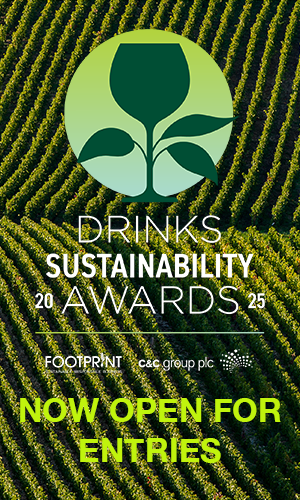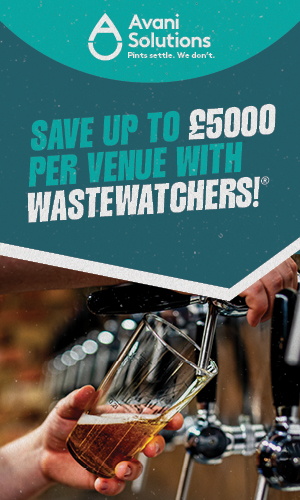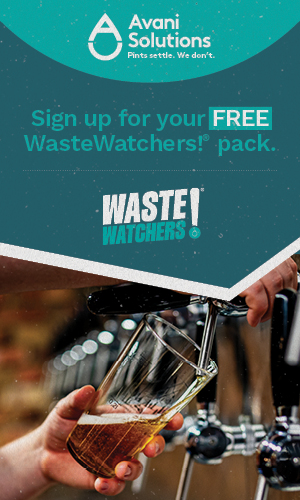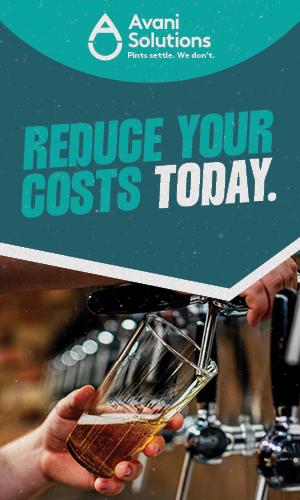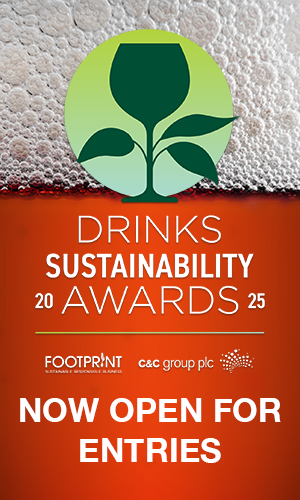Growing UK demand for chicken is fuelling deforestation in South America, campaigners have claimed.
Greenpeace found that people swapping red meat for chicken and other poultry may be contributing unwittingly to the destruction of South American forests because of a failure by high street brands to monitor where their animal feed comes from.
UK poultry production relies heavily on imported soya for animal feed whose production has been linked with the loss of vital ecosystems in South America including forests and savannahs.
Greenpeace surveyed 23 leading UK food brands about their chicken sales and soya usage, including supermarkets, fast food outlets and other quickserve restaurants. It said that none of the companies surveyed could guarantee the soya they used for meat production was deforestation-free, while some, like McDonald’s, KFC, Burger King, Nando’s and Subway, refused to disclose their meat sales or soya use altogether.
While UK red meat sales have been falling steadily amid growing awareness of the greenhouse gas emissions generated in its production, consumption of chicken by contrast is booming.
Much of this shift is due to changing consumer tastes and promotion of its health credentials, but some environmental groups have advocated for a switch from red meat to white meat due to its lower greenhouse gas emissions. Others, however, point out that the impact of feed production overseas is often not considered.
Greenpeace said that switching from beef and lamb to chicken risked “outsourcing emissions of our meat consumption from the UK to South America” and urged companies to set clear meat reduction targets and be transparent about where their animal feed comes from.
“High street giants like Tesco and Sainsbury’s should be responding to the climate and nature emergency by helping customers move to a healthier plant-based diet,” said Greenpeace UK forest campaigner Chiara Vitali. “McDonald’s, KFC, Nando’s and Burger King can’t hide behind a refusal to disclose. Their business models are incompatible with protecting our planet for future generations, which makes them incredibly high-risk companies.”





